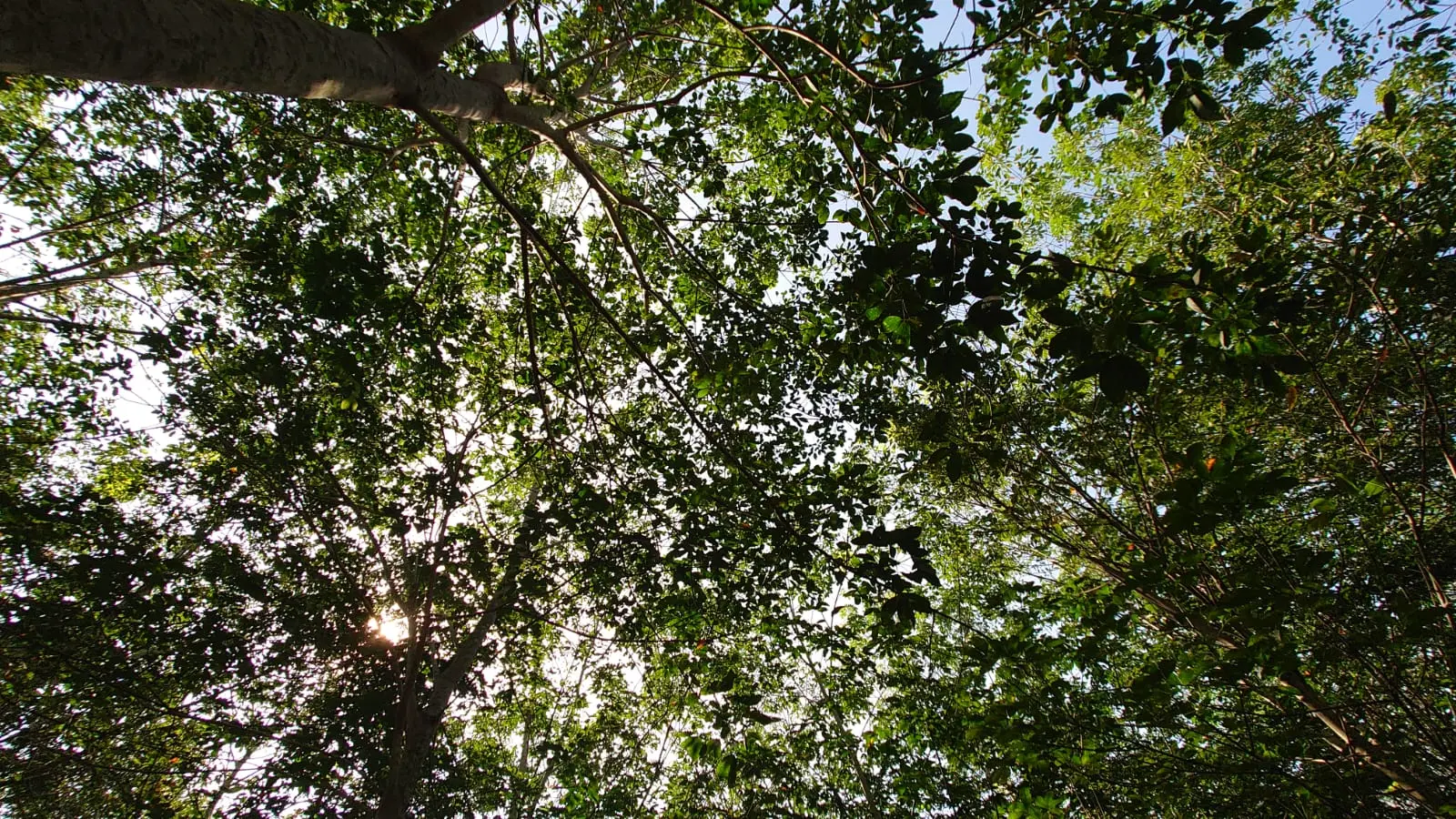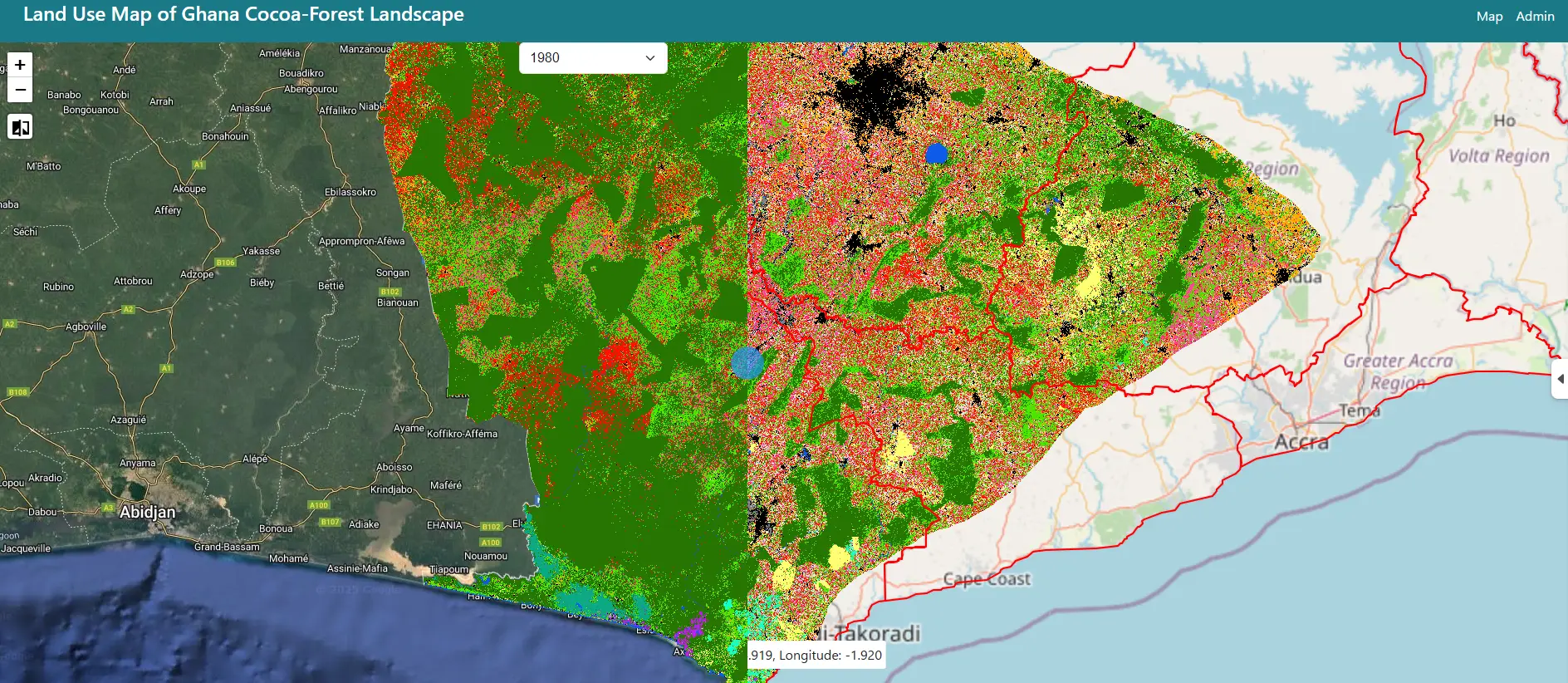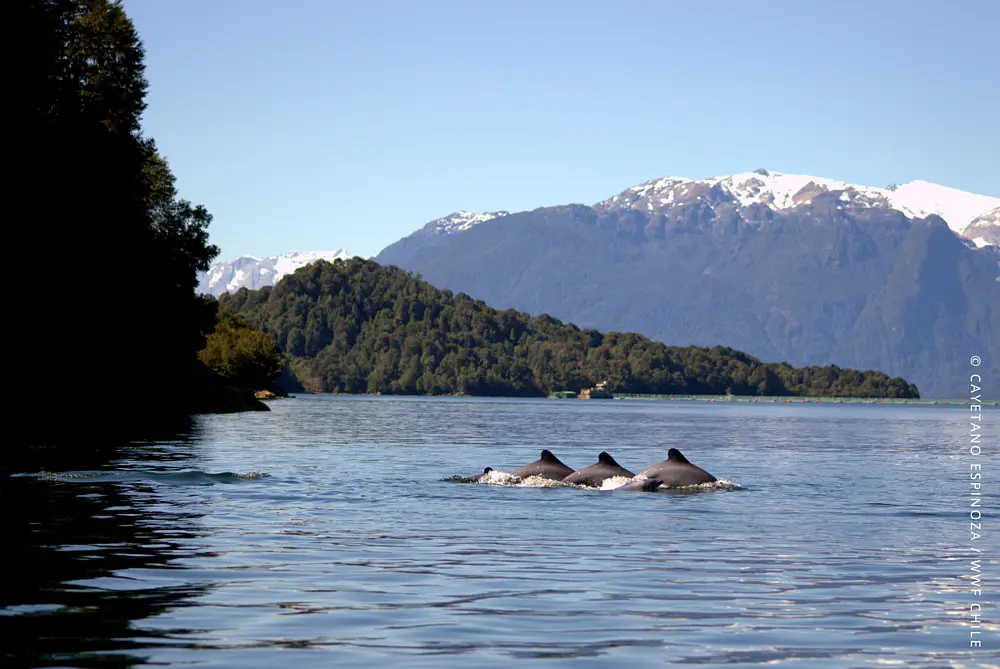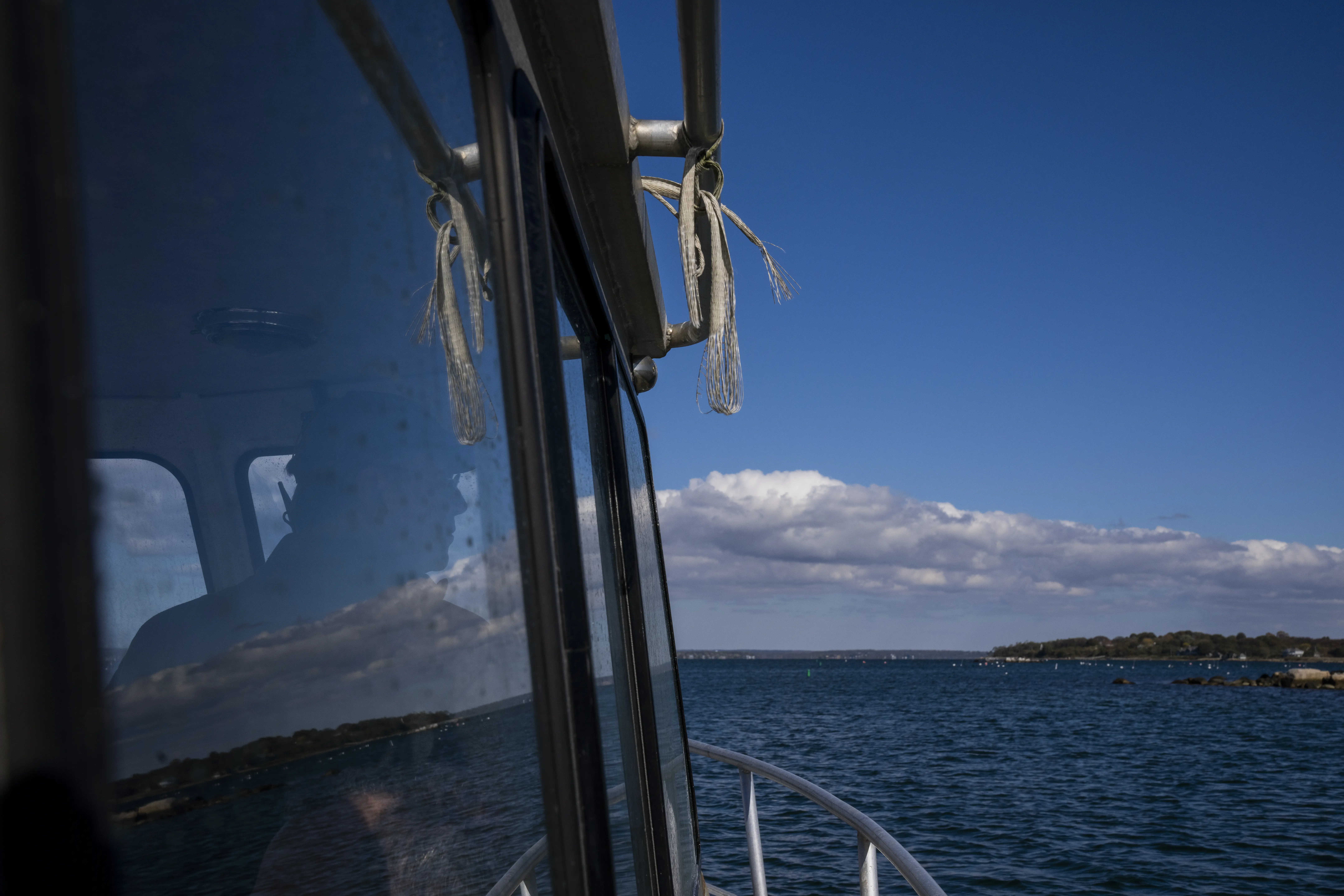ブラジル森林法改正案へ拒否権を発動するようディルマ・ルセフブラジル大統領に求める要望書
2012/05/18
要望書 2012年5月18日
日本国内閣総理大臣 野田佳彦 殿
拝啓時下ますますご健勝のこととお慶び申し上げます。
現在ブラジルで森林法(Brazilian Forest Code, Código Florestal)の改正法案がブラジル議会を通過し、ディルマ・ルセフブラジル大統領が拒否権を発動するかどうか、世界の環境保全関係者が注目しています。
この改正法が施行されると、ブラジルのみならず世界の生物多様性保全と気候変動に大規模な悪影響を与えることが、ブラジル政府の研究機関、応用経済研究所IPEA(O Instituto de Pesquisa Econômica Aplicada (Ipea))の調査により明らかになっています。
この改正法案により、これまでは法律で保全が義務づけられていた森林の多くが合法的に伐採し、農地等へ転換することが可能になります。そのために失われると予測される面積は、76万平方キロメートルで、これはほぼ日本の国土の2倍にも相当する大規模なものです。
また、この法案は、気候変動にも多大な悪影響を及ぼします。IPEAの予測によると、森林生態系の改変により、280億トンのCO2が放出されることになり、2009年の日本のCO2総排出量の約25倍に相当する大量の温室効果ガスが排出される見込みです。
環境保全の観点から見た場合、この森林法の「改正」ではなく、「改悪」といわざるをえません。
日本は、これまで国際協力を通じて、ブラジルの森林保全に協力する立場にありました。また、ブラジル政府も森林保全を今日まで強化してきており、アマゾン地域での森林減少を2020年までに80%、セラード地域では40%減少させる政策目標を立てていました。
今回のブラジル森林法改正法案は、ブラジル・日本両政府のこれまでの取り組みを大幅に後退させるものであり、WWFはその影響に大変強い懸念を抱いています。すでにWWFは、この森林法改正案に同様の危惧を抱いているブラジルを始め、世界各国の160以上の団体が参加する「ブラジル委員会(O Comitê Brasil)」と共同で、ルセフブラジル大統領がその期限である2012年5月25日までに拒否権を発動するよう求めています。
以上の点に鑑み、日本国内閣総理大臣として、ルセフブラジル大統領に森林保全と気候変動対策の観点から、ブラジル森林法改正案へ拒否権を発動するよう、強く求めて頂きたくお願い申し上げます。
なお、本要望の内容の元となる英文の要望書を下記に添付いたします。
敬具
WWFジャパン 会長 徳川恒孝
■本件に関するお問合せ:自然保護室 東梅貞義Tel:03-3769-1713 tobai@wwf.or.jp
この要望書の写しを、下記にお送りしています。
- 駐日ブラジル大使マルコス・ベゼーハ・アボッチ・ガウヴォンMarcos Bezerra Abbott Galvao氏(駐日ブラジル大使館)(住所東京都港区北青山2-11-12)
- 外務省外務大臣玄葉光一郎氏(外務省中南米局南米課)(住所東京都千代田区霞が関2-2-1)
- 環境省環境大臣細野豪志氏(大臣官房)(住所東京都千代田区霞が関1-2-2中央合同庁舎5号館)
May 17th, 2012
Dear Prime Minister Yoshihiko Noda,
On behalf of WWF, the world’s leading conservation organization, I write with an urgent request for you to appeal directly to President Dilma Rousseff to block proposed amendments to the Brazilian Forest Code. The message is simple: Only a full veto by President Rousseff will avert severe environmental, political and economic setbacks.
Over the past decade, Brazil has built a reputation as a leader in forest and climate protection. However, despite the opposition of the Brazilian people and against scientific and legal advice, the Chamber of Deputies passed a new draft of the Forest Code on 25 April 2012 that would undo years of progress.
The draft law was presented to President Dilma Rousseff on 7 May, after which she has 15 working days to veto all or part of the bill, or allow it to become law. President Rousseff promised during her campaign that she would oppose any changes in the law that reduce forest protection, provide amnesty for environmental crimes or promote further deforestation.
Millions of people across Brazil and around the globe, and more than 160 organisations –including WWF – that form Comitê Brasil have called on President Rousseff to keep her word and stand strong against the powerful business interests that back the new Forest Code. I am certain you can appreciate the enormous pressure she is under, which is why it is so important that she hears from her peers messages of solidarity and concern about the potential catastrophic consequences of the new measures.
According to IPEA, a Brazilian government-led research institute, the proposed amendment to the law will affect up to 76 million hectares of forest (approximately the size of Chile), which translates to 28 billion tonnes of CO2 equivalent – roughly four times the goal for global reductions in greenhouse gas emissions under the Kyoto Protocol during 2008-12. The Government of Brazil has committed to cut its projected greenhouse gas emissions by up to 38.9 per cent and reduce deforestation by 80 per cent in the Amazon and by 40 per cent in Cerrado by 2020. These commitments are inextricably linked and will be impossible to meet under the proposed legislation. The result will be an enormous loss of reputation in the field of biodiversity and climate protection on the eve of the UN Conference on Sustainable Development, Rio +20.
If the legislation is signed into law, it could taint the image of Brazilian agriculture and livestock products resulting in lower market share; increase soil erosion and thus increase use of fertilizers, resulting in higher production costs and possible health problems; and disrupt the hydrological cycle, increasing risk of flooding and landslides.
The existing Forest Code can be strengthened with presidential decrees and policy revisions that would not compromise the spirit of the law. The Brazilian government has alternatives to the proposed extensive deforestation. These include zoning up to 61 million hectares of unproductive pastures for agriculture, improving agricultural and livestock practices and innovative payment for environmental services schemes.
I realize this is an extraordinary request. Yet it is commensurate with the gravity of the situation in Brazil. After years of demonstrating that it is possible to build a robust economy while reducing deforestation in the Amazon, this would be a tragic change of course. Please advise President Rousseff, leader to leader, that the world is watching; urge her to do the right thing and issue a full veto.
Yours sincerely,
Tsunenari Tokugawa President, WWF Japan














